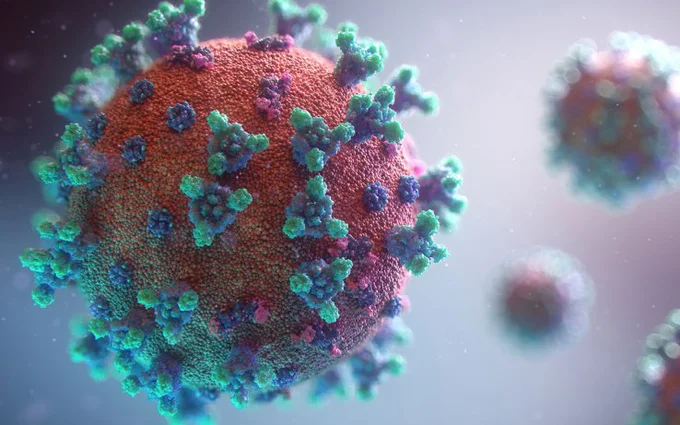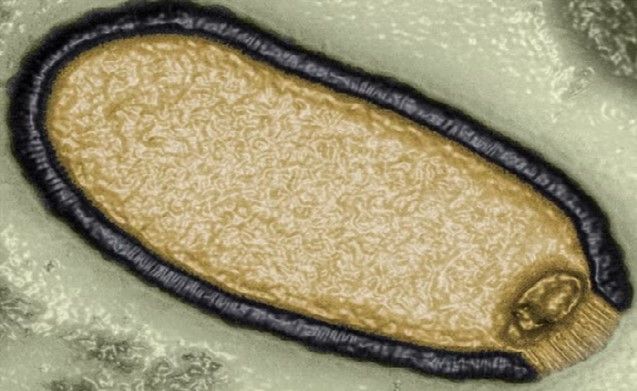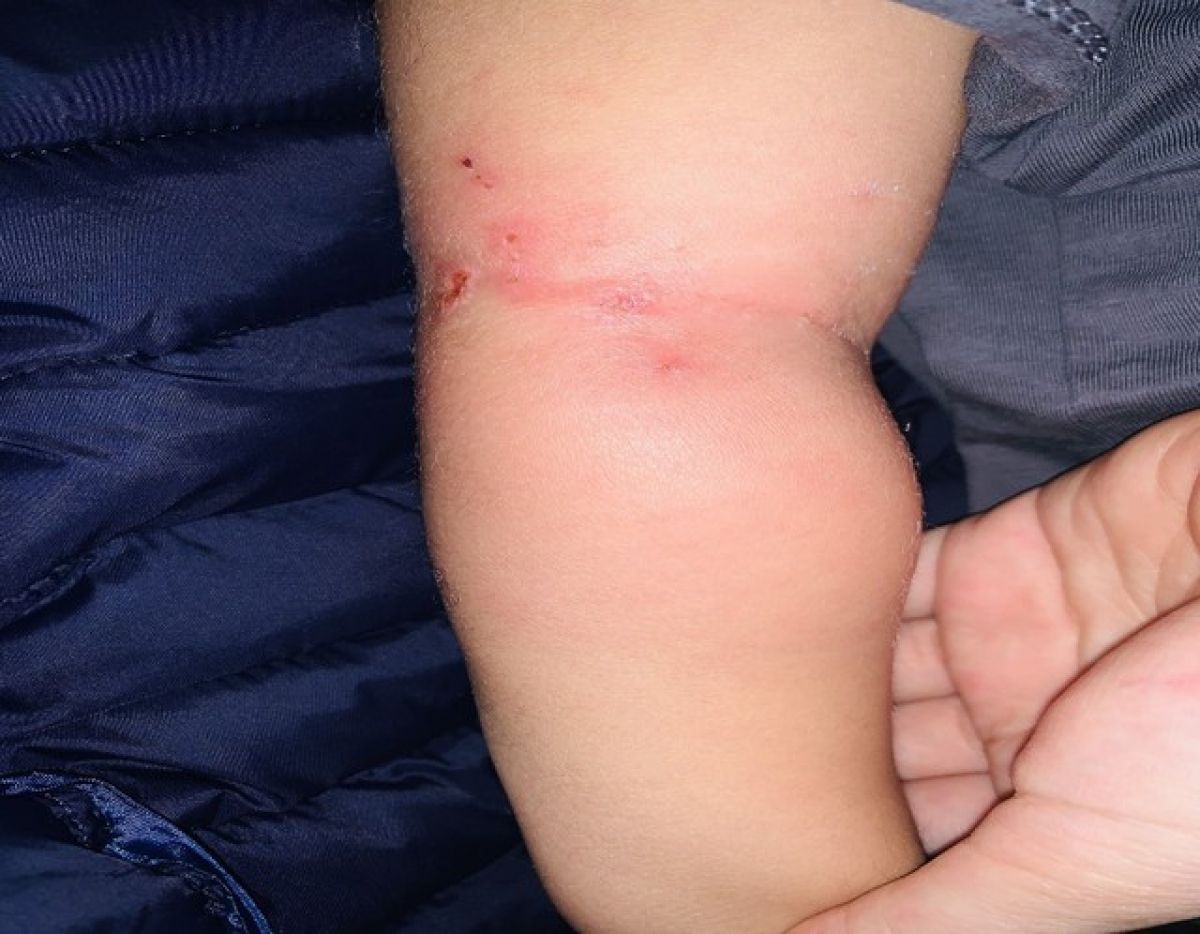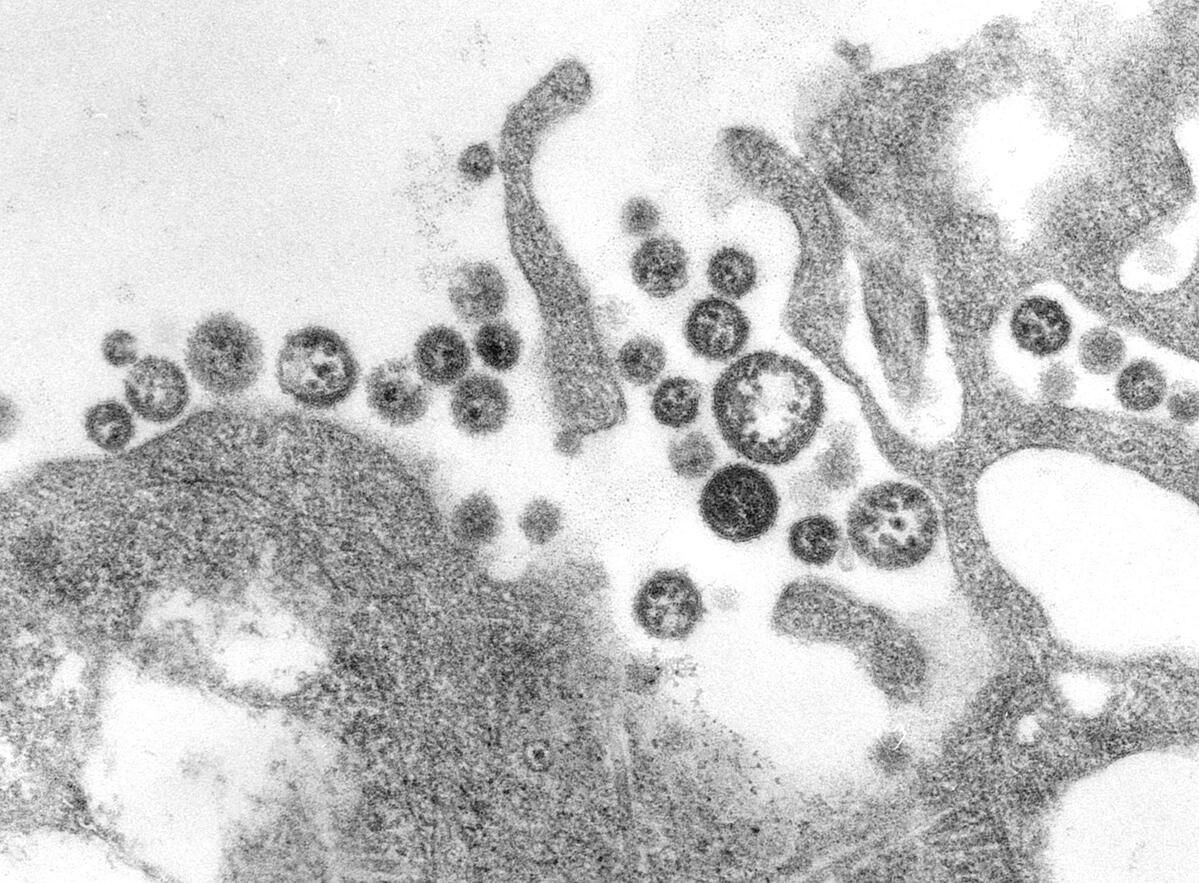WHO is concerned about bird flu situation in Cambodia
- The World Health Organization (WHO) is concerned that bird flu cases are on the rise in humans, calling on all countries globally to raise their vigilance.
- During a press conference on February 24, Dr Sylvie Briand, director of the WHO's office of epidemics and pandemics, said the situation was "worrisome" due to the increasing number of H5N1 infections in birds and mammals.
- WHO is reviewing a global risk assessment based on the latest situation in Cambodia. The last time the UN health agency looked at the risk of infection in humans was earlier this month.
- On February 23, Cambodian authorities reported that an 11-year-old girl had died from H5N1, and began testing 12 people who had come into contact with her. Her father also tested positive for the virus, showing symptoms.
"The global H5N1 situation is of great concern due to the widespread spread of the virus in birds, mammals, including humans. WHO considers the virus to pose a serious risk, calling on all countries increased vigilance," said Dr. Briand.
According to Briand, it is not clear whether the virus can spread from person to person. This is why WHO wants to focus on cases in Cambodia due to "the patient's similar environmental conditions, the possibility of infection by close contact with birds or other animals".

- In 2020, the world recorded a new H5N1 strain, branch 2.3.4.4b, causing a record number of deaths in wild birds and poultry. The virus has also spread to mammals, sparking global concern.
- However, unlike the previous H5N1 outbreak, this virus strain does not cause significant disease in humans. To date, WHO has only recorded less than 10 cases, all in close contact with infected poultry, most with mild symptoms. Experts note the virus can change to be transmitted to humans.
- WHO says it is stepping up efforts to prepare for the disease. Currently, the world has available antiviral drugs for H5N1 as well as 20 licensed vaccines. However, they may need to be adjusted to better match the circulating strain.
Richard Webby, director of the Collaborative Center for Research on the Ecosystems of Influenza in Animals and Birds at St. Jude, says the process can take four to five months.
WHO laboratories have isolated two strains of influenza closely related to circulating viruses. Scientists can use it to develop new vaccines if needed.

* SOURCE: VNEXPESS Newspaper https://vnexpress.net/who-lo-ngai-tinh-hinh-cum-gia-cam-tai-Cambodia-4574664.html?gidzl=l1IPTGdSX36z2P5o2SM0Chm7d7yHdjezfb2RUHIUYZgcLSmj4EE-WQEQl3









 Facebook
Facebook
 Tweet
Tweet
 Zalo
Zalo







 News
News

















 Sign in with Facebook
Sign in with Facebook
 Sign in with Google
Sign in with Google